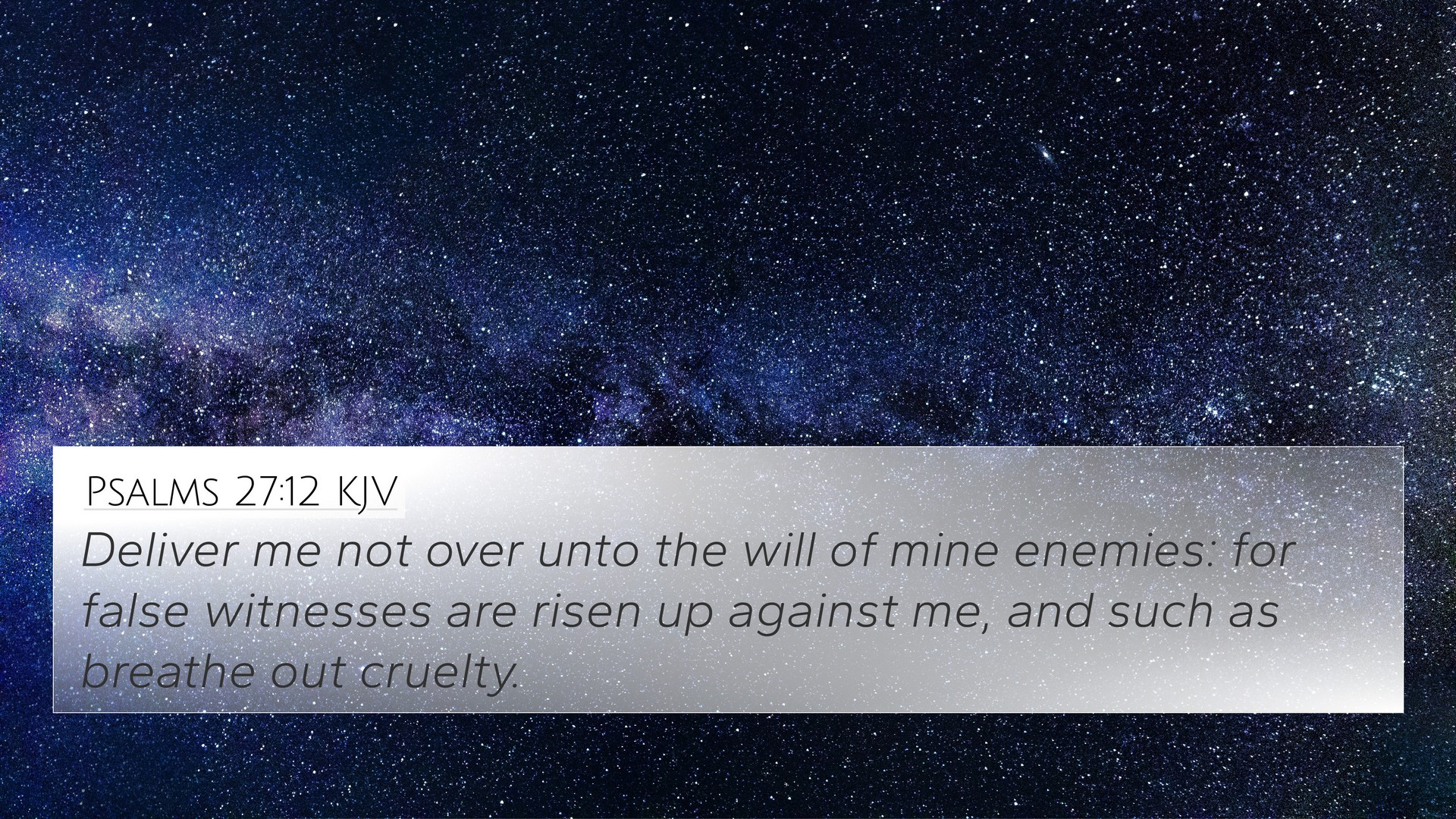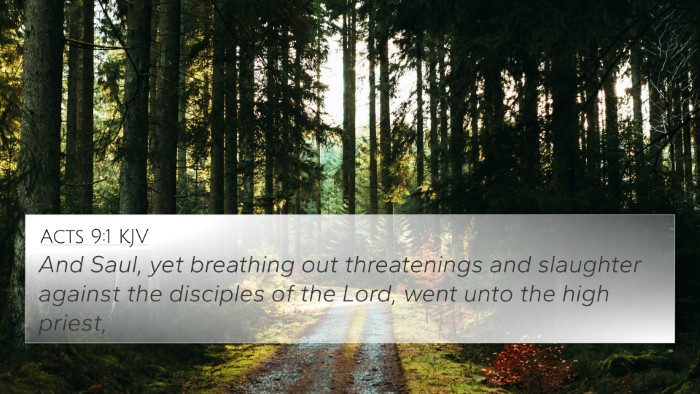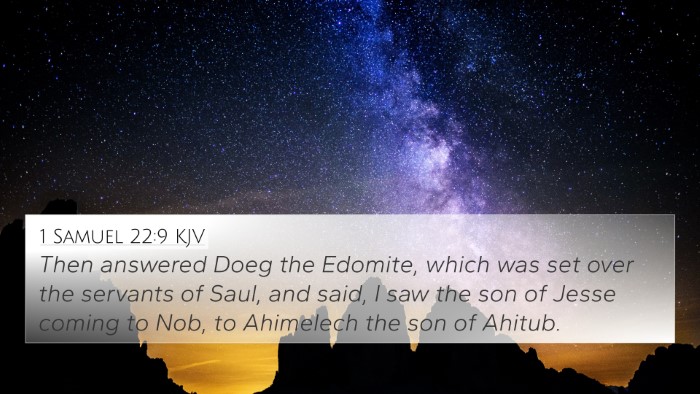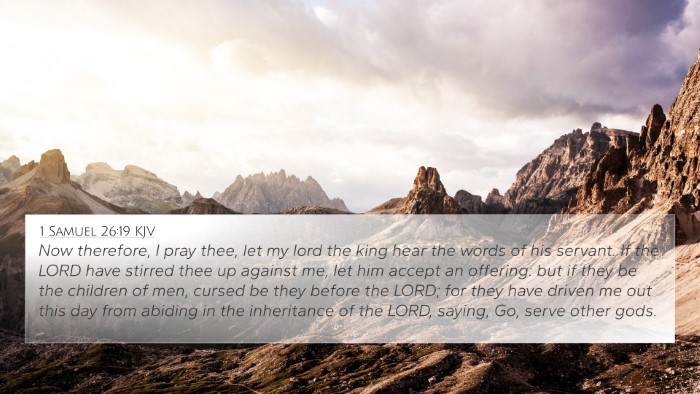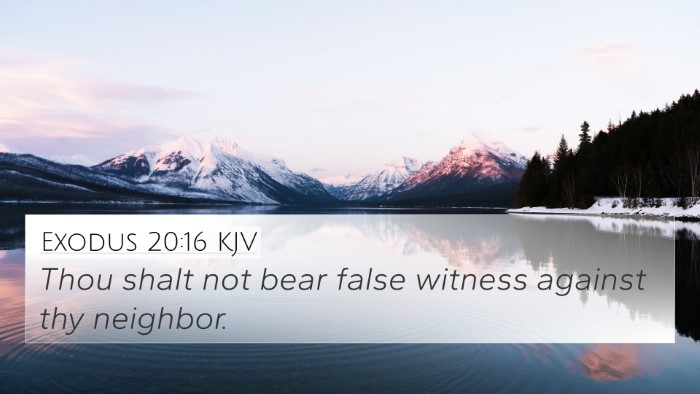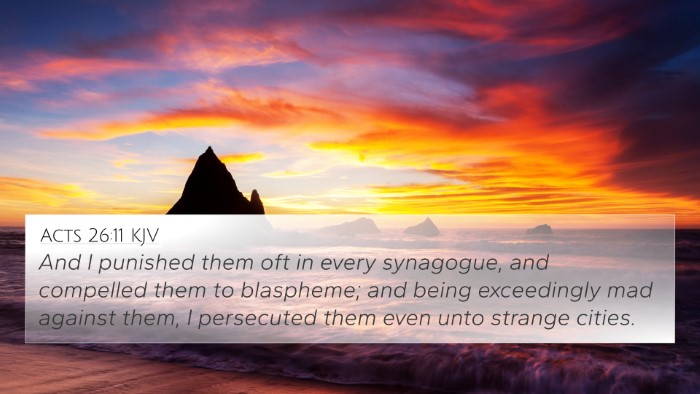Understanding Psalms 27:12
Psalms 27:12 states, "Deliver me not over unto the will of mine enemies: for false witnesses are risen up against me, and such as breathe out cruelty." This verse reflects a profound appeal for divine protection and justice amidst adversity.
Summary of the Verse
This Psalm, attributed to David, embodies the struggle of a faithful individual confronted by antagonism. David's plea underscores his vulnerability and reliance on God to safeguard him from malicious intents. The imagery of "false witnesses" suggests accusations that might undermine his standing, invoking the need for divine intervention.
Commentary Insights
Matthew Henry's Commentary
Matthew Henry highlights that this verse emphasizes the urgency of David's situation. He interprets "the will of mine enemies" as a reference to the malevolent designs of others seeking to harm him. Henry notes that David's confidence in God's protection rests on his understanding that God is his source of vindication against slander and cruelty.
Albert Barnes' Notes
Albert Barnes elaborates on the phrase "false witnesses," indicating a multifaceted threat David faces. Barnes discusses how these witnesses symbolize not just personal betrayal, but a broader spiritual conflict wherein truth is contested. He encourages believers to recognize that such trials may serve a purpose, prompting deeper reliance on God.
Adam Clarke's Commentary
Adam Clarke points out that the term "cruelty" reflects a deeper spiritual malaise within the enemies of David. He emphasizes the emotional and psychological toll of being wronged and the natural human desire for justice. Clarke posits that believers should align their hope with God's redemptive purpose, even amidst their injustice.
Connections and Cross-References
Understanding Psalms 27:12 can be enhanced through a study of cross-referenced verses. Below are key biblical parallels that resonate with its themes:
- Psalm 35:11: "False witnesses did rise up; they laid to my charge things that I knew not." - Similar themes of unjust accusation.
- Proverbs 19:5: "A false witness shall not be unpunished, and he that speaketh lies shall not escape." - Affirmation of divine justice regarding false testimony.
- Psalm 56:5: "Every day they wrest my words: all their thoughts are against me for evil." - Expression of a similar struggle against slander.
- Psalm 7:1: "O Lord my God, in thee do I put my trust: save me from all them that persecute me, and deliver me." - Another plea for deliverance from adversaries.
- Isaiah 54:17: "No weapon that is formed against thee shall prosper; and every tongue that shall rise against thee in judgment thou shalt condemn." - Assurance of protection against adversaries.
- John 15:20: "Remember the word that I said unto you, The servant is not greater than his lord. If they have persecuted me, they will also persecute you." - Jesus forewarns of trials faced by believers.
- Romans 12:17: "Recompense to no man evil for evil. Provide things honest in the sight of all men." - Guidance on handling injustice with integrity.
Thematic Connections
The themes within Psalms 27:12 resonate broadly within both the Old and New Testaments, inviting believers to draw connections between struggles faced by figures like David and teachings of Jesus and the apostles. This inter-Biblical dialogue reveals God's unwavering commitment to His people amidst trials, illustrating a consistent pattern of divine intervention in the face of human hostility.
Using Cross-References for Deeper Study
For those engaging in a cross-reference Bible study, tools such as a bible concordance or bible cross-reference guide can aid in identifying thematic links across scriptures. Here are some useful methods:
- Cross-reference Bible study methods: Utilize a concordance to find words or themes that lead you to related verses.
- Comprehensive Bible cross-reference materials: Seek out study Bibles or reference works that include built-in cross-references.
- Identifying connections between Old and New Testament: Explore how New Testament teachings fulfill or reflect Old Testament principles.
Conclusion
Psalms 27:12 serves as both a personal lament and a communal cry for justice. The verse's exploration of false accusations and a desire for divine deliverance offers profound insight for anyone grappling with injustice. Through cross-referencing, one can deepen their understanding of God's character and His promises throughout scripture.
